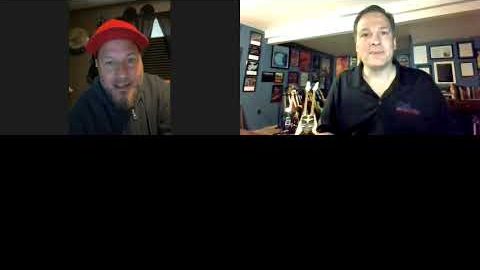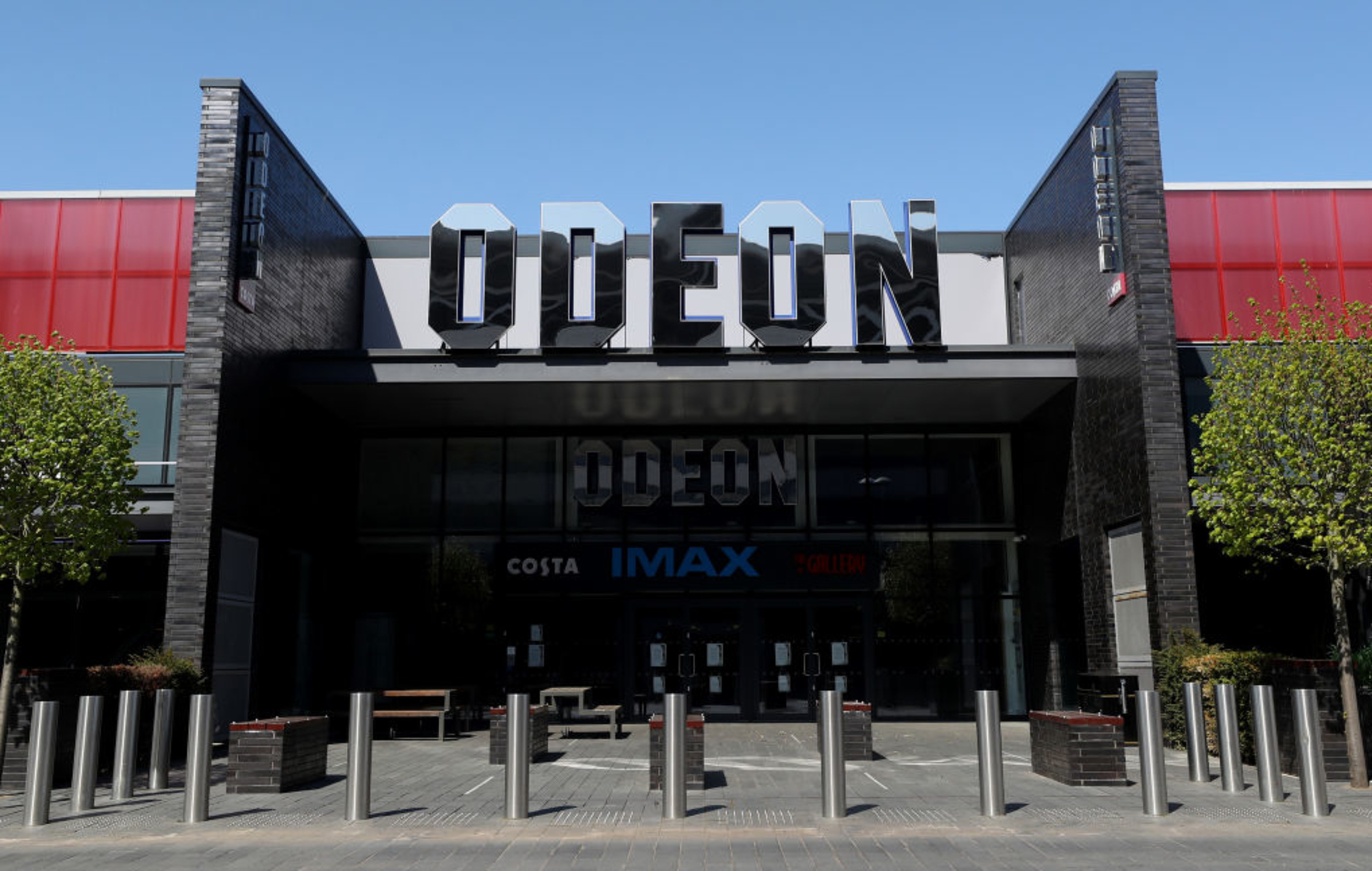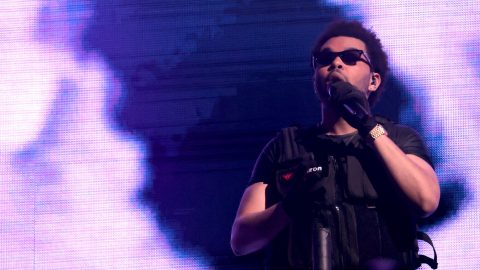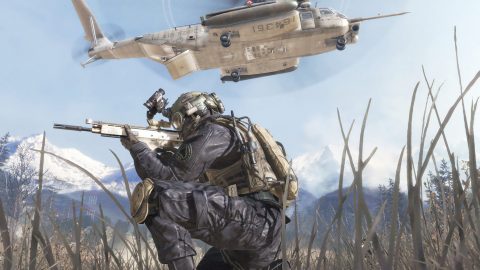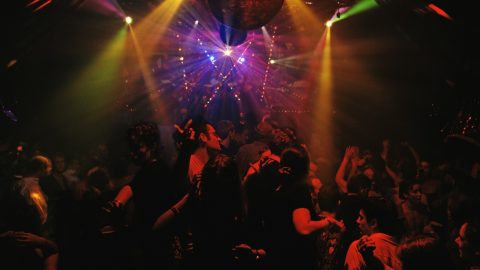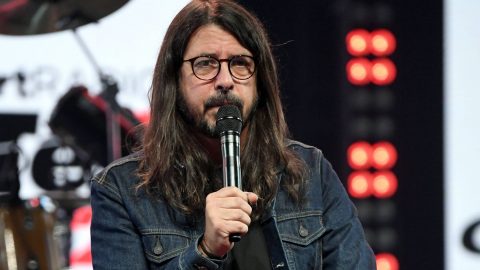
We want to tell you about a bar here in New Orleans called Bud Rips. It changed hands a few years back, but before that happened we would frequent this place just about every night. It was an old man drinking bar that had been there for probably 80 years, and it was a glorious shithole. You could be there in the middle of the afternoon and it’d just be these few grizzled, pickled old timers, just antiques of men, but then later in the evening the whole neighbourhood would be in there.
One of the things we loved about the place was that the bartenders were always as drunk as anybody in the bar. At a certain point our youngest brother Alex got recruited. Some nights the bartenders would get so drunk they’d say: ‘Alright I’m going home… Al, take over.’ They’d throw the keys to Al and say: ‘Lock up!’ So then we’d get a text from Al saying: ‘Hey, I’m on duty. Bar’s open!’ We’d go down there and get drunk and then at the end of the night we’d just tip Al. He had free reign because he wasn’t actually an employee.
Bud Rips was the type of place where one day in the middle of the afternoon we dressed up as professional wrestlers and went in there and did elbow drops off the bar. It was a place where anything was possible and the beers cost one dollar. Eventually after it changed hands it became very hip, which happens everywhere.
We cast our film Bloody Nose, Empty Pockets in numerous bars around town. We went looking for certain archetypes. There’s a reason that Cheers works. There are certain dynamics and there’s no duplicity. Everybody is their own figure. We’ve spent a lot of time in bars, so for the film we really did a breakdown of the archetypes of a bar. We wanted a cross-section of society. We just went looking and then each person played off the next. We were trying to build a dynamic world, and the result is a film populated by people who are very familiar with that life and those spaces.
While they may have come from their own spaces, they knew well how to fit into ours. That was the litmus test for anybody. They knew there wasn’t going to be any direction from us. We weren’t asking people to pretend to be somebody that they’re not. We were asking people to bring whatever version of themselves they wanted to bring that day. After a good dose of of our own research in booze emporiums, we’ve developed an eye for the people who really live and breathe that kind of space.

We wanted to make Bloody Nose, Empty Pockets because we love these spaces. They’ve been a part of our lives since we were little kids unable to see over the bar top. They’ve always been touchstones for us. We go to dive bars when we need information, when we need solace, when we want to tell a story, even when we want to be alone. The type of instant community, or at least instant understanding, that happens in those spaces seemed conducive towards the type of conversation and assessment of the moment that we wanted to have in the film.
Dive bars are places where stories are told and where stories are made. They’re not glossy, and when places like that die and are taken over by commercial interests they become a version of themselves. They become the Disneyland of a bar, and it’s just not the truth. Moe’s at Disneyland is not Moe’s in The Simpsons. These spaces are sincere and authentic and lived in and that’s why they’re meaningful for people. Not everybody goes to church. Some people go to bars.
Bloody Nose, Empty Pockets is out on Curzon Home Cinema from 24 December and in UK cinemas from 1 January
The post A love letter to dive bars, by the directors of ‘Bloody Nose, Empty Pockets’ appeared first on NME | Music, Film, TV, Gaming & Pop Culture News.

